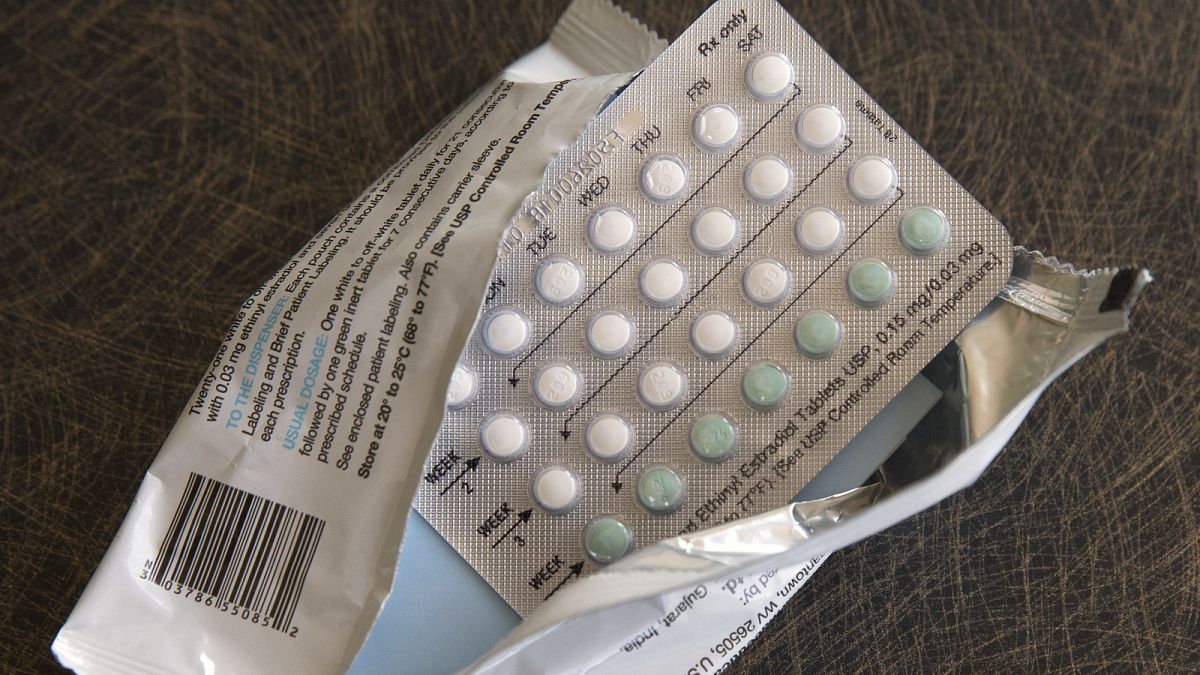Viral claims that the World Health Organisation (WHO) has “just classified the pill as a group one carcinogen” are flooding TikTok, the Chinese-owned social media platform.
“The pill is now classified as a level-one carcinogen. Like tobacco. Like alcohol. Like drugs,” one TikToker claims, prompting alarm among users of the platform. Others urge their followers to stop taking the pill altogether.
Euroverify has investigated these claims and found that, while the WHO’s specialised cancer agency does consider some types of contraception pills to be carcinogenic to humans, the reality is much more nuanced.
Certain contraceptive pills listed as carcinogens since 2005
It’s not true that the WHO has “just” classified the pill as a carcinogen, as TikTok users have claimed.
In fact, the International Agency for Research on Cancer (IARC) – the WHO’s French-headquartered cancer agency – has included certain contraceptive pills on its list of substances “carcinogenic to humans” since 2005.
That list, known as Group 1, includes substances where “sufficient evidence of carcinogenicity” has been demonstrated in “studies in which chance, bias, and confounding were ruled out with reasonable confidence”.
There are two main types of the hormonal contraceptive pill: the combined pill, which contains the hormones oestrogen and progestogen, and the mini pill, which contains progestogen only.
Only the combined pill is included on the WHO’s so-called Group 1, meaning there’s sufficient evidence that it can cause cancer in humans.
The mini pill is currently categorised in the IARC’s Group 2B, meaning it’s considered “possibly carcinogenic to humans.”
Several studies, however, have found that both of these pills slightly increase the risk of breast cancer in women.
For example, a 2023 study by Oxford University’s Cancer Epidemiology Unit found that any type of hormonal contraceptive may increase the risk of breast cancer, and estimated that use of the mini pill is associated with “a 20-30% higher risk of breast cancer”.
But there is also data to suggest the contraceptive pill can reduce the risk of other types of cancer, such as endometrial, colorectal and bowel cancers.
It means the relationship between cancer and the contraceptive pill is much more complex than meets the eye.
The pill is not considered ‘as carcinogenic’ as alcohol, tobacco and asbestos
We detected several TikTok videos published in recent weeks claiming that the WHO considers the contraceptive pill “as carcinogenic” to humans as alcohol, tobacco and asbestos.
This claim is misleading.
The IARC’s Group 1 includes all the substances for which there is sufficient evidence of carcinogenicity in humans, such as alcohol, tobacco and asbestos, as well as processed meats, sunlight radiation and certain viruses like Hepatitis B and C.
But this doesn’t mean in any way that all substances on the list carry the same risk level. It simply means there is sufficient scientific evidence to support the claim that they are all carcinogenic to humans.
The IARC does not classify substances according to level of carcinogenicity, but rather according to the strength of the scientific evidence to support its link to an increased risk of cancer.













